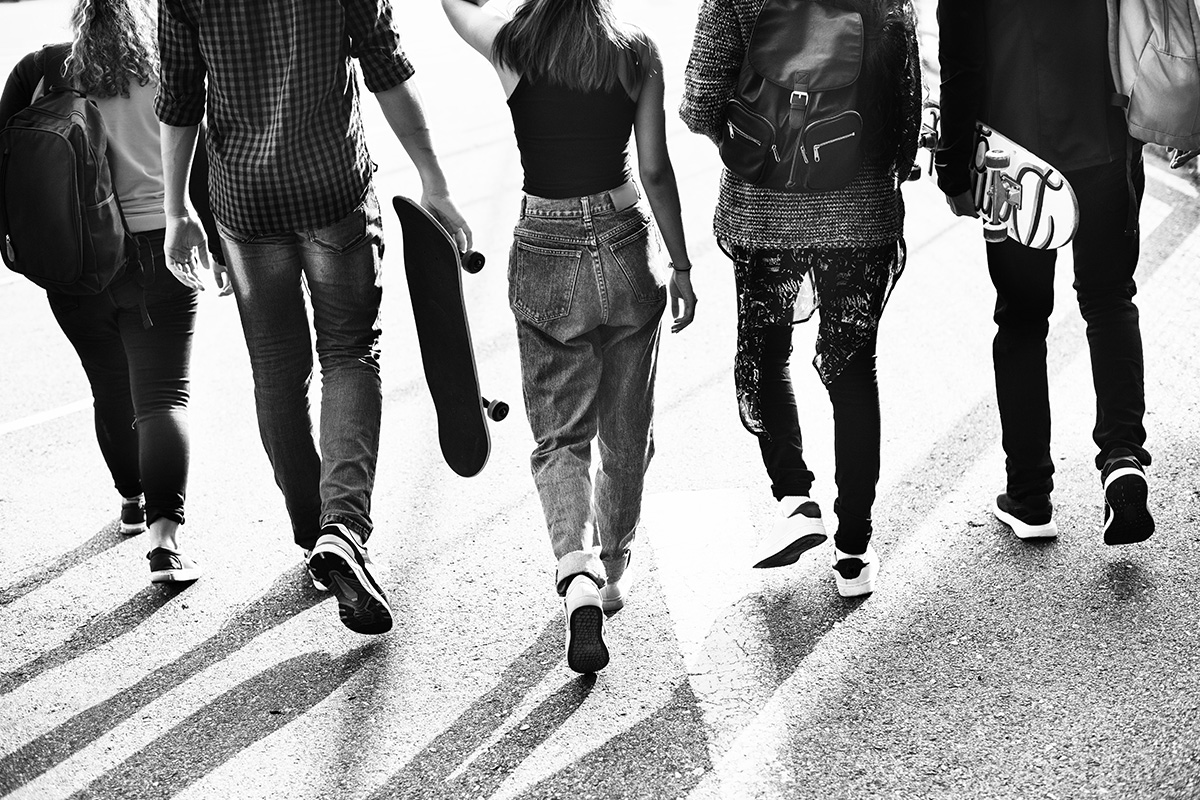
09 Mar How Other Countries & Cultures Tackle Teen Troubles
While it’s always worthwhile to look at success stories within Australia for methods of tackling behavioural issues among teens, it’s also valuable to look outside the country for tactics that have been effective elsewhere.
This month, we’re taking a deeper look at some of the most reputable foreign teen programs that have helped shape the outlook on youth outreach throughout the world. These are often in relation to digital addiction, lack of respect for authority or self, petty crime and bullying.
Project Self Discovery & Youth in Iceland
By the late 1990s, teens in Iceland had some of the highest rates of underage drinking in all of Europe. Today, however, you’d never even know it, as the country recently topped the list for Europe’s ‘cleanest-living teens.’ From 1998 to 2016, the percentage of 15- and 16-year old’s who had reported being drunk within the last month went from 42% to only 5%. Those who used cannabis also saw a drop from 17% to 7% and those who smoked cigarettes daily went from 23% to 3%.
Magic? Not so much. After winning a $1.2 million government grant in 1992 in Colorado, American psychology professor Harvey Milkman formed Project Self Discovery, which offered troubled teens ages 14 and up an assortment of ‘natural-high alternatives to drugs and crime,’ including dance and art classes, martial arts, and life skills training over a 3-month period.
Also a part time professor at Reykjavik University, Milkman’s research was later used to form a new national plan in Iceland to combat its rising teen problems, called Youth in Iceland. They instituted new laws limiting the sale of tobacco and alcohol to teens under 18 and 20, respectively, as well as implementing a new curfew of 10pm in winter months and midnight in summer. Parental organisations were also instrumental in helping to educate parents, and funding was increased for organised clubs and recreational activities.
Activities like indoor skating, badminton, ping pong, athletics, swimming, football and an assortment of after-school classes and clubs centred around dance, art and music are found throughout Iceland. This has given anxious teens a range of healthy outlets to explore themselves, simultaneously boosting their psychological and physical health. It’s no coincidence that this has led to decreased numbers of teen addiction, petty crime and drug and alcohol-related offences.
Expanding these same ideas to other countries as part of a Youth in Europe initiative, places like Kaunas and Lithuania have also seen similar success rates among troubled teens. In Kaunas, questionnaires are administered frequently in order to maintain up-to-date data and explore new challenges. Parent groups, schools, healthcare organisations, police and social services regularly come together to talk about ways to combat common issues as a team. Additionally, parents are offered 8 free parenting sessions per year, extra funding is given to public institutions who promote mental health and stress management techniques, a free ride service is offered for low-income families, and free sports activities are available three days per week for teens. Between 2006 and 2014, alcohol consumption among teens reportedly dropped by about 25%, while daily smoking rates dropped by more than 30%.
Open Door
A London-based organisation open to people ages 12 to 24, Open Door was originally founded in 1976 and registered as a charity in 1988. Offering confidential counselling and psychotherapy sessions free of charge, Open Door encourages personal decision-making and offers tons of helpful resources to British youth.
Additionally, they also offer a Parent-Teen Brief Therapy Service and Parenting Teachers Project, a series of six-appointments with an experienced advisor for parents or caregivers seeking help with their troubled teen.
Outward Bound
Based in the U.S., Outward Bound provides 1 week, 2 week and 1 month Intercept Expeditions for struggling teens and young adults. These initiatives are aimed at replacing the challenges of their environment with healthy risks and real challenges of the natural world. Focusing on communication, conflict resolution and decision-making, Outward Bound helps more than 35,000 students annually through a series of expeditions, programs, 11 Outward Bound schools and more than 1,000 courses.
Netherlands
While being most well-known for its hip city of Amsterdam, tulips, windmills, canals and artists, the Netherlands also has the lowest rates of teen pregnancy in the European Union and tops the list for ‘high life satisfaction among young people’ among OECD countries.
Despite their leniency toward cannabis, alcohol and drug use among 12 to 16 years old’s has experienced a steady downward trend in recent years. Additionally, sex education often begins at 4 years old, and the country is widely accepting of LGBTQ youth and adults. Experts say that while bullying tends to be less frequent in the Netherlands, it’s a focus toward autonomous decision-making over obedience that may be the reasoning behind the results. Either way, the Netherlands remains a model example of teen happiness.


Sorry, the comment form is closed at this time.